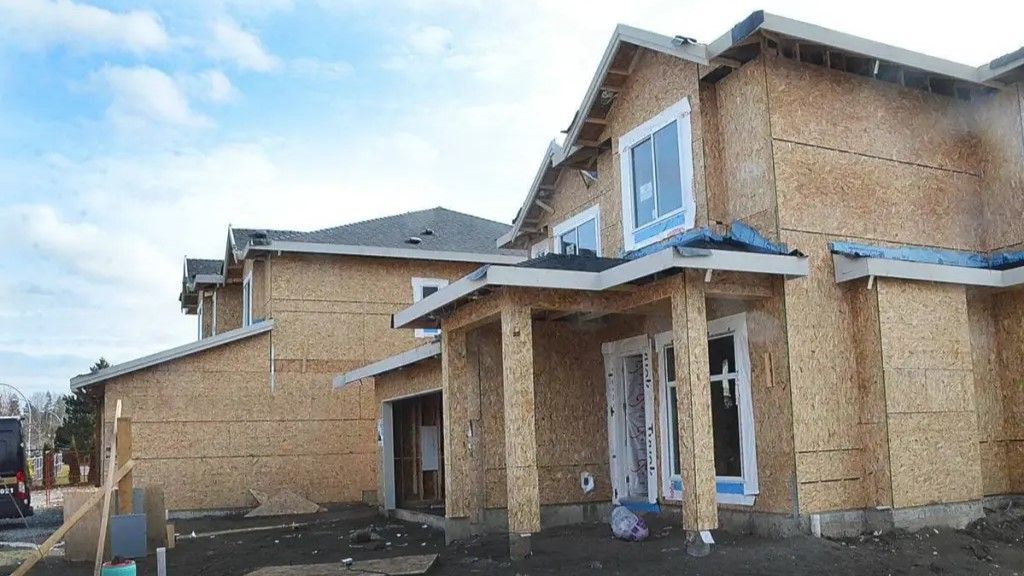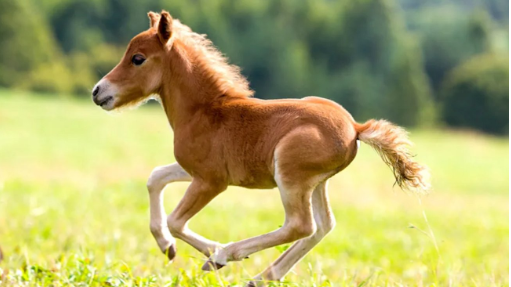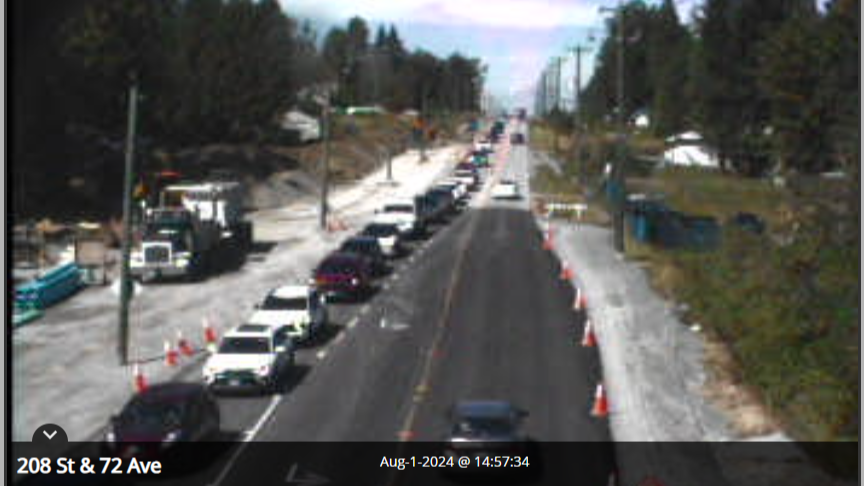7 Ways to Get Rid of Weeds
Tom Ireland • October 21, 2016
Here are a few ways that will help to get rid of weeds without using harsh chemeicals. The post 7 Ways to Get Rid of Weeds appeared first on Andy Schildhorn, PREC.
Every gardener knows the frustration of those weeds that just keep coming back. Here are a few ways that will help to get rid of them without using harsh chemeicals.
- Salt – Mix three parts salt with one part water and pour it on your weeds. Be careful not to pour it any other plants, though.
- Newspaper – Cover the weeds with old newspaper while leaving your plants exposed. Water the area well, then cover with a few inches of mulch.
- Vinegar – Fill an old spray bottle with normal household vinegar. Squirt it on weeds.
- Fire – Wet the surrounding soil and then use a weed burner.
- Mulch – Spread 3 inches of bark mulch over your beds, blocking sunlight from reaching any weeds.
- Bleach – Just pour it straight on the weeds, but be careful of surrounding plants.
- Walnut sawdust – This contains juglone, which is toxic to plants. Just sprinkle it on areas you want to rid of weeds.
For more details on each of these tips, click here.
The post 7 Ways to Get Rid of Weeds appeared first on Andy Schildhorn, PREC.







